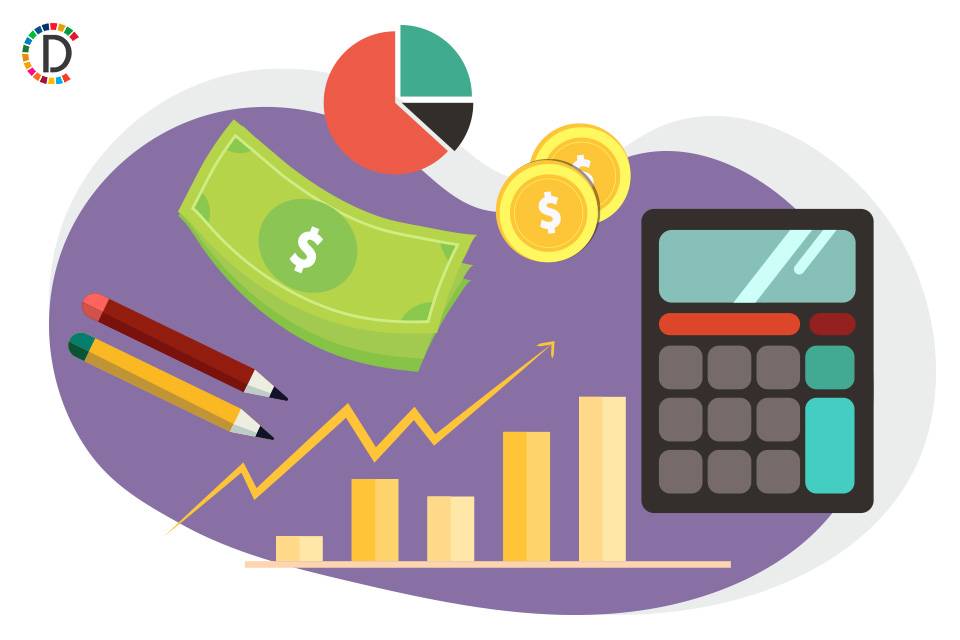European parliament, EU governments reach deal on EU 2021-2027 budget
Once governments and parliament have an agreement on that, the deal can be ratified by national parliaments in the EU's 27 countries and the money is to start flowing in the second half of next year. "The budget, the Recovery Fund, new revenues and the rule of law conditionality are one package for us," said Siegfried Mursan, a senior MEP responsible for budgetary issues.

European Parliament and EU governments' negotiators agreed on Tuesday the details of the EU's 2021-2027 budget, clearing a crucial step for the activation of the bloc's 1.8 trillion euro recovery package to make the economy greener and more digital. "A deal for Europe - Council and European Parliament negotiators reach political agreement on the EU budget & recovery package," the spokesman for the German presidency of the EU Sebastian Fischer said on Twitter, adding the agreement still needed formal endorsement.
The deal, which took almost four months to negotiate, makes clear that governments can only get EU money if they observe the rule of law -- a condition Poland and Hungary have opposed because they are under EU scrutiny for undermining the independence of the judiciary. It raises EU spending in the 1.1 trillion budget on health, education and security by 16 billion euros compared to the original agreement of EU leaders from July.
It also establishes new, dedicated revenues for EU coffers so the bloc can repay the 750 billion euros it plans to borrow to help the recovery after the COVID-19 pandemic. "By 2026, we will have a basket of new revenues that should be sufficient to cover the cost of the Recovery Fund's debt with the aim of not having cuts in funds and programmes," one of the parliamentary negotiators Jose Manuel Fernandes said.
Over the next weeks, talks between EU lawmakers and governments will continue on the details of the 750 billion borrowing, of which 672.5 billion is to be distributed among governments as loans and grants on the basis of their national recovery plans listing various projects and reforms. The parliament wants more of that money to be paid out up front, before the projects reach agreed milestones and targets, and more of the cash to be earmarked for projects that help reduce CO2 emissions.
Lawmakers also want the cash, for which governments can apply through national recovery programmes, to be available longer -- four years instead of three. Once governments and parliament have an agreement on that, the deal can be ratified by national parliaments in the EU's 27 countries and the money is to start flowing in the second half of next year.
"The budget, the Recovery Fund, new revenues and the rule of law conditionality are one package for us," said Siegfried Mursan, a senior MEP responsible for budgetary issues. "Parliament will ratify today's deal only if Member States stick to all parts of the agreement," he said.
(This story has not been edited by Devdiscourse staff and is auto-generated from a syndicated feed.)










